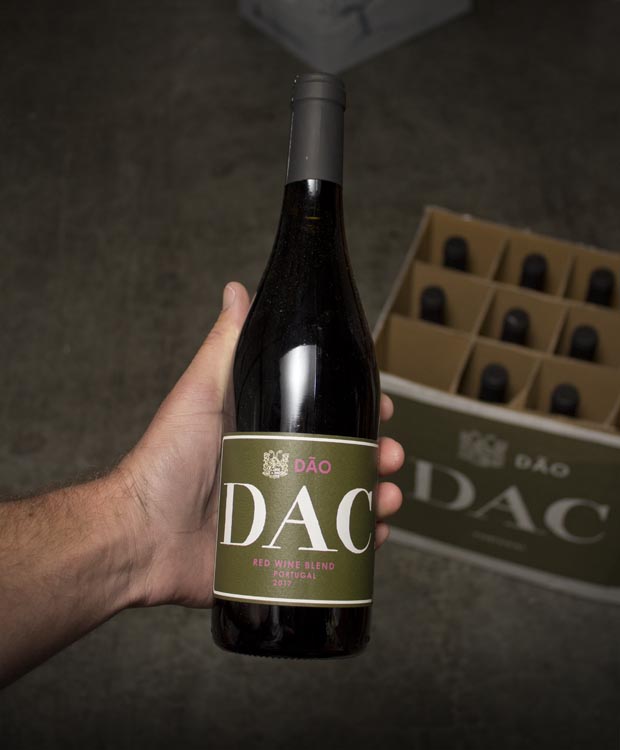

Meanwhile, Cat Lomax, award-winning multiple BWS buyer at Marks & Spencer, Majestic, Waitrose & Laithwaites, said whenever there is a crisis, there are also opportunities for positive change. Like other panellists, Mr Nativ also emphasized the importance of open communication and frequent check-ins to ensure all involved are benefitting from an agreement. He added the business has shifted focus to availability and has been a lot more flexible with things like packaging specs and bottle types. “Together with them, we’ve been able to have a look at where are we at with costs and where are we getting the best value for money.” “We have been a lot more open book with our suppliers,” he explained. “Challenge is a platform for change”īringing a retailer’s point of view, Dror Nativ and Cat Lomax talked about how the crisis has impacted the other end of the supply chain and the efforts they have made to improve the situation.įirstly, Dror Nativ, wine buyer and manager at Marks & Spencer, acknowledged the difficulties of the last few years for all players in the supply chain, saying that long-term (10-20-year) supplier relationships were the number one thing that have helped the business weather the storm. He concluded the wine scene is stabilising and producers should expect to be in a better place in a year’s time. He explained that some companies setting prices too high has resulted in customers pushing back, causing demand to be “sluggish” which will be reflected in prices further down the line. 500g), but are also produced with around 8-10 times less carbon footprint.Īll things considered, Mr Cox feels optimistic about the future, and reckons prices will start coming down in summer 2023.
#Recasto wine trial#
According to the vineyard owner, certain high-profile wineries have taken advantage of packaging and other cost increases to cover up some of their own costs, and some even had their wines delisted in Romania as a result.Īt Cramele Recas, Mr Cox has been trying to save costs where possible, looking at alternative packaging to replace glass, which has been both a cost and environmental burden for the business.Ī recent trial at the winery involved replacing the traditional glass option with recycled multibarrier PET bottles, which are not only cheaper and lighter than glass (50g vs.

While the crisis has impacted all players in the industry, not everyone can claim to be a victim of the situation. He considers open and honest communication a high priority, as well as giving notice about possible changes as soon as they are known. To ease the burden on customers, Mr Cox adopted an open-book approach and has tried to keep price increases minimal. “It’s been difficult for us to explain to customers they’re going to have a price increase they wouldn’t normally have,” he added.

Other items such as screw caps, corks and cartons have also multiplied in price without any prior warning. Specifically, glass bottles have more than doubled in cost, Mr Cox said, with prices often going up from one week to the next. However, the past year has been difficult for the business, with glass shortages, increases in shipping, admin and border crossing costs, and rising energy prices being the most troubling issues. Located in mid-western Romania, Mr Cox’s vineyard spans a vast 1,200 acres and produces around 30 million bottles a year, supplying 27 countries worldwide. Introducing the first speaker, he asked Phillip Cox, co-founder of Romania’s number one export winery Cramele Recas, to give attendants an overview of some of the issues the business has been facing over the last couple of years. Taking over from Ms Jump, Richard Siddle reflected on the tumultuous past 18 months that have affected everyone in the wine and spirit industry, forcing businesses large and small to deal with glass shortages, packaging issues, and cost increases at often short notice. Opening the session, Sophie Jump, co-founder of The Buyer together with Richard Siddle, welcomed the audience and introduced the expert panel made up of leading players from all sectors of the supply chain. Taking place on 15 th March, the meeting, titled ‘Rewriting the Rules of Buying and Selling Wines and Spirits’, was one of three sessions set to debate key issues facing the drinks industry in the UK and abroad.


 0 kommentar(er)
0 kommentar(er)
